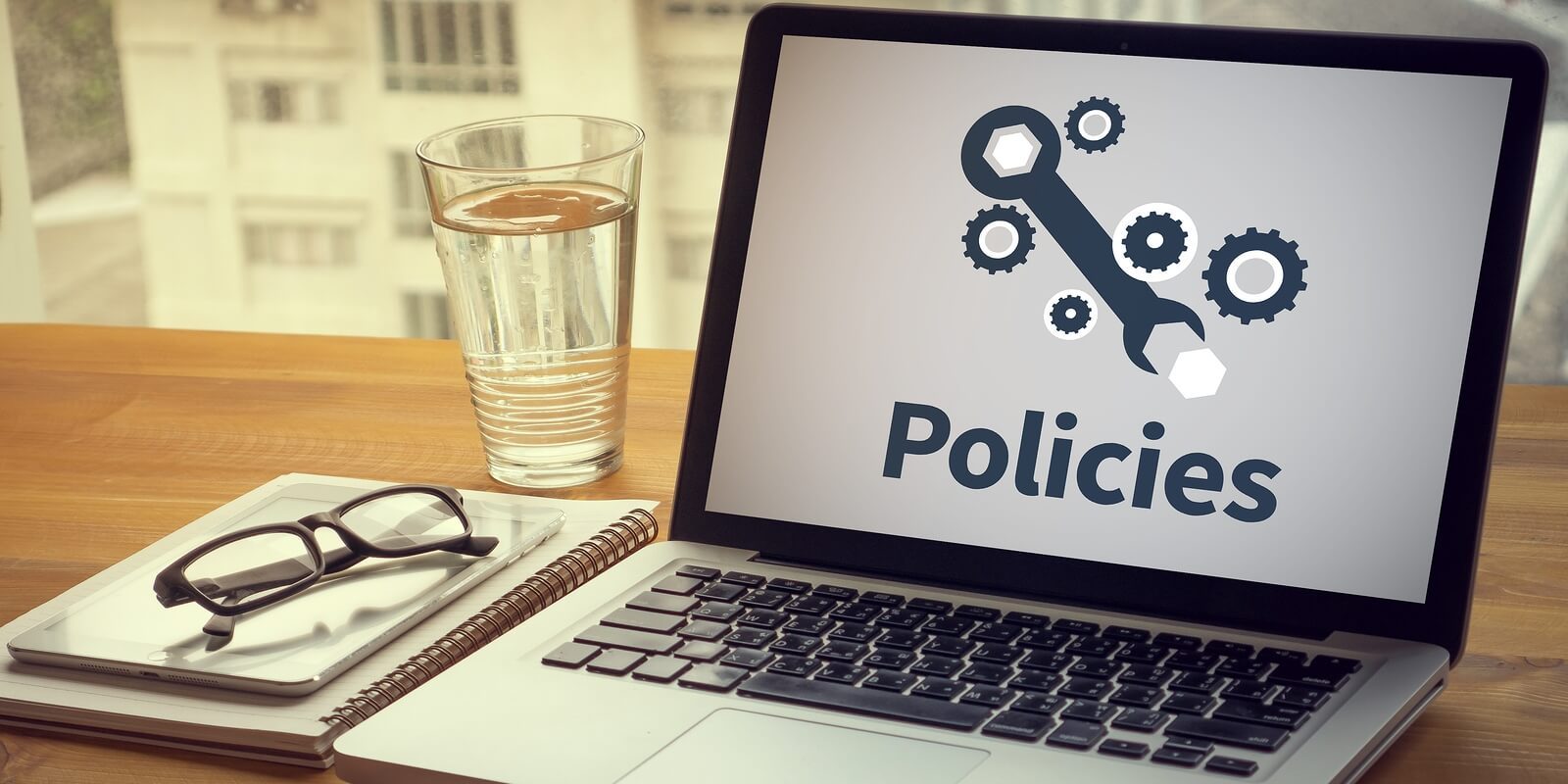In an ever-evolving work landscape, the concept of work has transformed significantly. The traditional office setting, once the epicenter of productivity, is now just one piece of the puzzle. The global shift towards remote work is changing the way we approach our professional lives, and it’s having profound effects on our mental well-being. The workplace as we know it is undergoing a remarkable transformation. The definition and evolution of remote work have led to a reevaluation of the traditional office, and the growing relevance of mental health in the workplace is driving a significant shift in the way we view our jobs.
In this article, we’ll explore the positive impact of remote work on mental health, a subject that is increasingly becoming a focal point of discussion. Discover the mental health benefits of working from home. Explore how remote work redefines work-life balance, reduces stress, fosters positive relationships, and boosts job satisfaction. Uncover the strategies for mental health support and how remote work is shaping the future of well-being.
Redefining Work-Life Balance
In the ever-shifting landscape of the modern workplace, the concept of work-life balance is undergoing a profound transformation. The traditional boundaries that separated our professional and personal lives are blurring, largely due to the rise of remote work. This section explores the impact of remote work on work-life balance and how it’s redefining our approach to this essential aspect of our well-being.
Shifting Perspectives: Traditional Office vs Remote Environment
The shift from a traditional office to remote work is not just a change in scenery; it’s a fundamental shift in perspective. The daily grind of commuting, once an accepted part of the working world, is now being reevaluated. The elimination of commuting, with all its associated stresses, is a welcome change. We no longer spend hours in traffic, waiting for delayed trains, or navigating crowded buses. Instead, we step out of our bedrooms and into our home offices.
Importance of Flexible Schedules in Alleviating Stress
One of the key factors contributing to improved mental health while working from home is the flexibility it offers. Traditional office jobs often come with rigid schedules that can cause unnecessary stress. Remote work allows employees to adjust their work hours to suit their individual needs, leading to a significant reduction in stress levels.
Creating Boundaries: Balancing Personal and Professional Life
With remote work, the boundary between personal and professional life becomes a bit more flexible, but it also offers the opportunity to create clearer distinctions. By establishing dedicated workspaces and routines, individuals can maintain a healthy work-life balance. This newfound balance contributes to reduced stress and an improved overall sense of well-being.
Stress Reduction and Improved Emotional Well-being
In the world of remote work, stress is no longer synonymous with the daily grind. Commuting, once a relentless source of anxiety, is fading into memory. As we gain enhanced control over our work environment and liberate ourselves from the shackles of office-related stressors like micromanagement and office politics, our emotional well-being blossoms. This section explores how remote work acts as a catalyst for stress reduction and paves the way for an improved state of emotional well-being.
Commuting: A Source of Chronic Stress and its Elimination
The daily commute to the office has long been a source of chronic stress for many. The rush-hour traffic, crowded public transport, and the uncertainty of reaching the workplace on time can be anxiety-inducing. With remote work, this stressor is virtually eliminated, allowing individuals to start their day on a calmer note.
Enhanced Control Over the Work Environment
Remote work empowers individuals to control their work environment. They can personalize their workspace, adjust lighting, and choose the music that helps them concentrate. This control over the surroundings can significantly impact emotional well-being.
Impact on Work-related Stressors: Micromanagement, Office Politics, etc.
The dynamics of office politics and micromanagement can be detrimental to mental health. Remote work often provides employees with more autonomy, reducing exposure to these stressors. It creates a more relaxed and empowering atmosphere where individuals can thrive without the constant pressure of office politics.
Fostering Positive Work Relationships
The remote work revolution has transformed the way we connect with our colleagues and peers. As virtual communication tools and digital platforms take center stage, we find ourselves nurturing a new era of work relationships. This section examines how these tools enable us to build stronger bonds with our colleagues, enhance team cohesion in virtual spaces, and overcome the sense of isolation by creating a supportive remote work community.
Nurturing Virtual Connections: The Rise of Digital Communication Tools
The rise of digital communication tools has redefined how we connect with our colleagues. Virtual meetings, instant messaging, and collaborative platforms have become the new norm. While some may lament the lack of face-to-face interaction, these tools have made it easier to connect and collaborate with coworkers, creating a new era of work relationships.
Strengthening Team Cohesion in Virtual Spaces
Team cohesion is a vital component of a healthy work environment. With remote work, teams are finding new ways to bond and work together effectively, often resulting in stronger relationships. Virtual team-building activities and shared experiences are becoming commonplace.
Overcoming Isolation: Building a Supportive Remote Work Community
One challenge remote workers face is isolation, but this can be overcome by building a supportive remote work community. Online forums, social groups, and regular team meetings help create a sense of belonging, addressing feelings of isolation and loneliness.
Read – Places to Work Remotely: 8 Stunning Locations for ivity!
Boosting ivity and Job Satisfaction
Remote work ushers in a new era of autonomy and creativity, fundamentally altering the way we view productivity and job satisfaction. It empowers individuals to break free from the confines of traditional office structures, fostering innovation and job fulfillment. In this section, we’ll explore how the personalized workspaces and the shift towards valuing impact over hours worked have redefined the relationship between remote work and our professional well-being.
Empowering Autonomy: How Remote Work Spurs Creativity and Innovation
Remote work empowers individuals with a level of autonomy that can be hard to achieve in a traditional office. This autonomy fosters creativity and innovation, leading to increased job satisfaction.
Impact of Personalized Workspaces on Job Satisfaction
In a remote work setup, individuals have the freedom to create personalized workspaces that suit their preferences. The ability to work in a comfortable and personalized environment directly contributes to job satisfaction.
Measuring ivity Beyond Conventional Metrics
ivity isn’t solely about the number of hours worked; it’s about the quality of work produced. Remote work has forced a shift from measuring productivity by conventional metrics to valuing the actual impact and results achieved.
Mental Health Support in Remote Work Settings
In the world of remote work, mental health support takes center stage as companies acknowledge the importance of their employees’ well-being. Initiatives like Employee Assistance Programs (EAPs) and mental health days have become commonplace, ensuring that remote workers have the resources they need to thrive. This section delves into the significance of open communication channels between management and employees and the importance of encouraging mental health breaks and mindfulness practices to create a nurturing remote work environment.
Importance of Open Communication Channels Between Management and Employees
Open communication between management and remote employees is essential. Regular check-ins, feedback sessions, and a willingness to listen to concerns are crucial for maintaining a healthy work environment.
Encouraging Mental Health Breaks and Mindfulness Practices
Remote work allows individuals to take short mental health breaks when needed. Encouraging mindfulness practices and providing resources for self-care contribute to overall well-being.
Challenges and Solutions
The transition to remote work brings its unique set of challenges, and it’s essential to address them proactively. In this section, we’ll explore the common hurdles remote workers face, such as feelings of isolation and loneliness, the risk of overwork and burnout, and the need to balance social interaction with remote work’s benefits. It also provides practical solutions and strategies to overcome these challenges, ensuring a harmonious and productive remote work experience.
Addressing Feelings of Isolation and Loneliness
While remote work offers many advantages, it can sometimes lead to feelings of isolation and loneliness. Solutions include active participation in virtual communities, regular team bonding activities, and maintaining social connections outside of work.
Combating Overwork and Burnout: Setting Realistic Expectations
Remote work can blur the lines between work and personal life, potentially leading to overwork and burnout. Setting clear boundaries, adhering to regular working hours, and knowing when to switch off are essential for preventing burnout.
Balancing the Need for Social Interaction with Remote Work Benefits
Finding the right balance between remote work’s advantages and the need for social interaction is key. Regular face-to-face meetings, team-building events, and social activities can help strike this balance.
Read – WorkfromHome Jobs: Opportunities for Flexible Remote Work
The Future of Remote Work and Mental Health
As remote work continues to reshape the work landscape, its impact on mental health and well-being is a topic of growing importance. This section takes a closer look at the long-term implications of remote work on work culture and norms. It explores the rise of hybrid work models, which offer the best of both remote and in-office work but also pose new challenges. Additionally, it discusses the need to adapt mental health support strategies to cater to the evolving needs of the future workplace.
Long-term Impact on Work Culture and Norms
The remote work revolution is likely to have a long-lasting impact on work culture and norms. As more companies embrace remote work, the traditional 9-to-5 office-based model may become a relic of the past.
Hybrid Work Models: Best of Both Worlds or New Challenges?
Hybrid work models, combining remote and in-office work, are on the rise. While they offer flexibility, they also come with new challenges, such as managing a partially remote team. Adaptation will be essential.
Adapting Mental Health Support Strategies for the Future Workplace
Mental health support will remain a crucial aspect of the future workplace. Adapting strategies to address the unique challenges posed by remote and hybrid work environments will be vital.
Conclusion
In this era of remote work, the mental health benefits are abundantly clear. The elimination of commuting stress, increased control over the work environment, enhanced work relationships, and a boost in productivity and job satisfaction are all part of the package. Recognizing these advantages, it’s crucial to acknowledge the transformative potential of remote work and take action to foster a supportive remote work environment.
Frequently Asked Questions (FAQs)
How does remote work affect work-life balance?
Remote work positively impacts work-life balance by eliminating the daily commute and offering flexible schedules, allowing individuals to create a healthier balance between personal and professional life.
What are some effective strategies to maintain team cohesion in virtual spaces?
Effective strategies for maintaining team cohesion in virtual spaces include regular virtual team-building activities, open and transparent communication, and fostering a sense of community among remote team members.
How can companies provide adequate mental health support for remote employees?
Companies can provide mental health support for remote employees through initiatives like Employee Assistance Programs (EAPs), mental health days, and open communication channels between management and employees. Encouraging mental health breaks and mindfulness practices is also crucial.
What challenges do remote workers face in terms of mental health, and how can they be addressed?
Remote workers may face challenges such as isolation, loneliness, and the risk of overwork and burnout. These challenges can be addressed through active participation in virtual communities, setting clear boundaries, and maintaining a balance between work and personal life.
Will remote work continue to be a prominent feature of the post-pandemic workforce?
Remote work is likely to continue being a prominent feature of the post-pandemic workforce, with many companies recognizing its benefits and embracing flexible work arrangements. Hybrid work models, combining remote and in-office work, may become the new normal, offering the best of both worlds.
What are mental health benefits of working from home?
The mental health benefits of working from home are substantial. Remote work eliminates the daily stress of commuting, offering a more relaxed start to the day. It provides enhanced control over your work environment, allowing for personalization that can positively impact emotional well-being. The reduction of work-related stressors like micromanagement and office politics contributes to a more peaceful work atmosphere. Moreover, remote work empowers individuals with autonomy, fostering creativity and innovation, which in turn, leads to increased job satisfaction and improved overall mental well-being.







